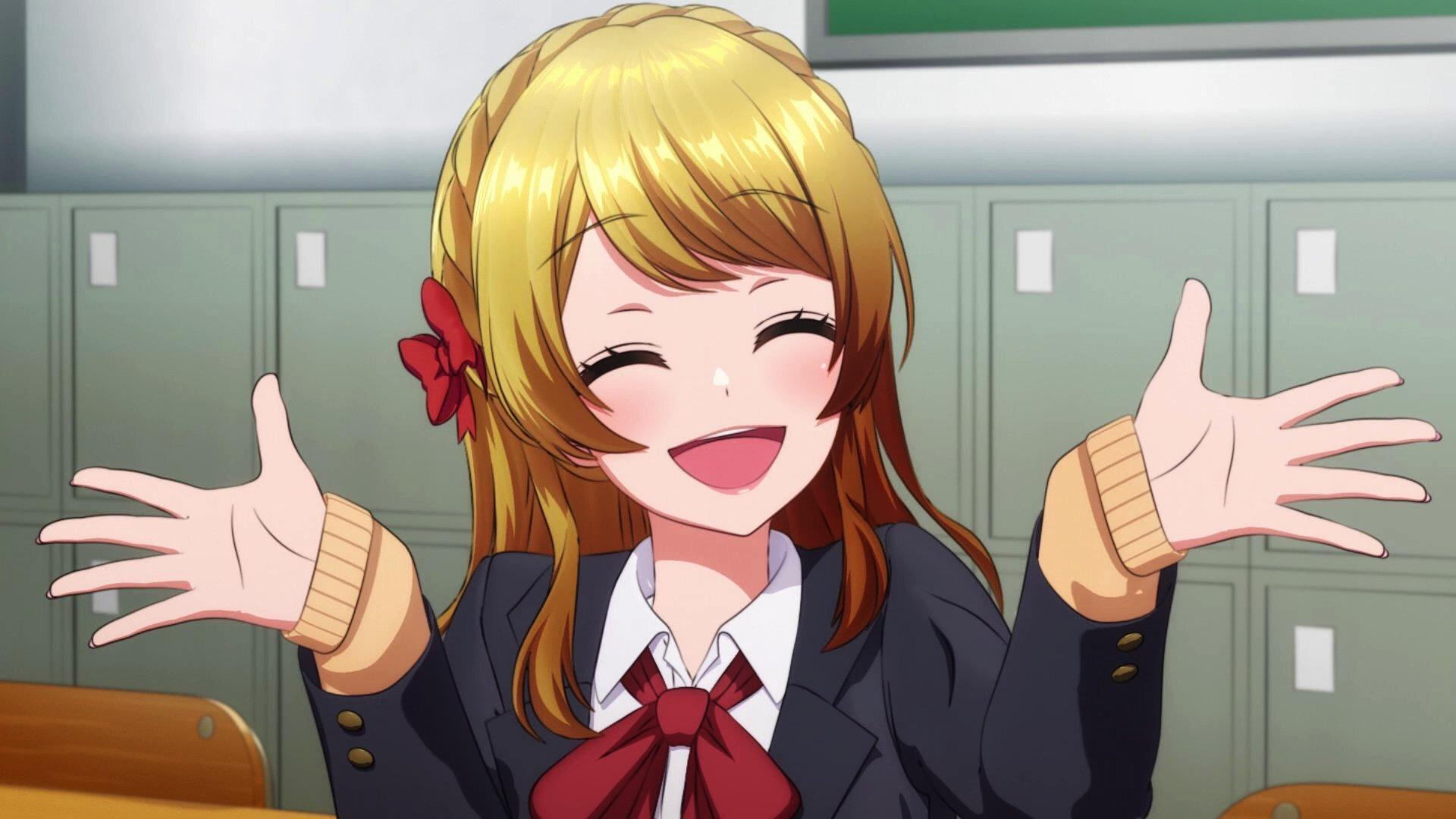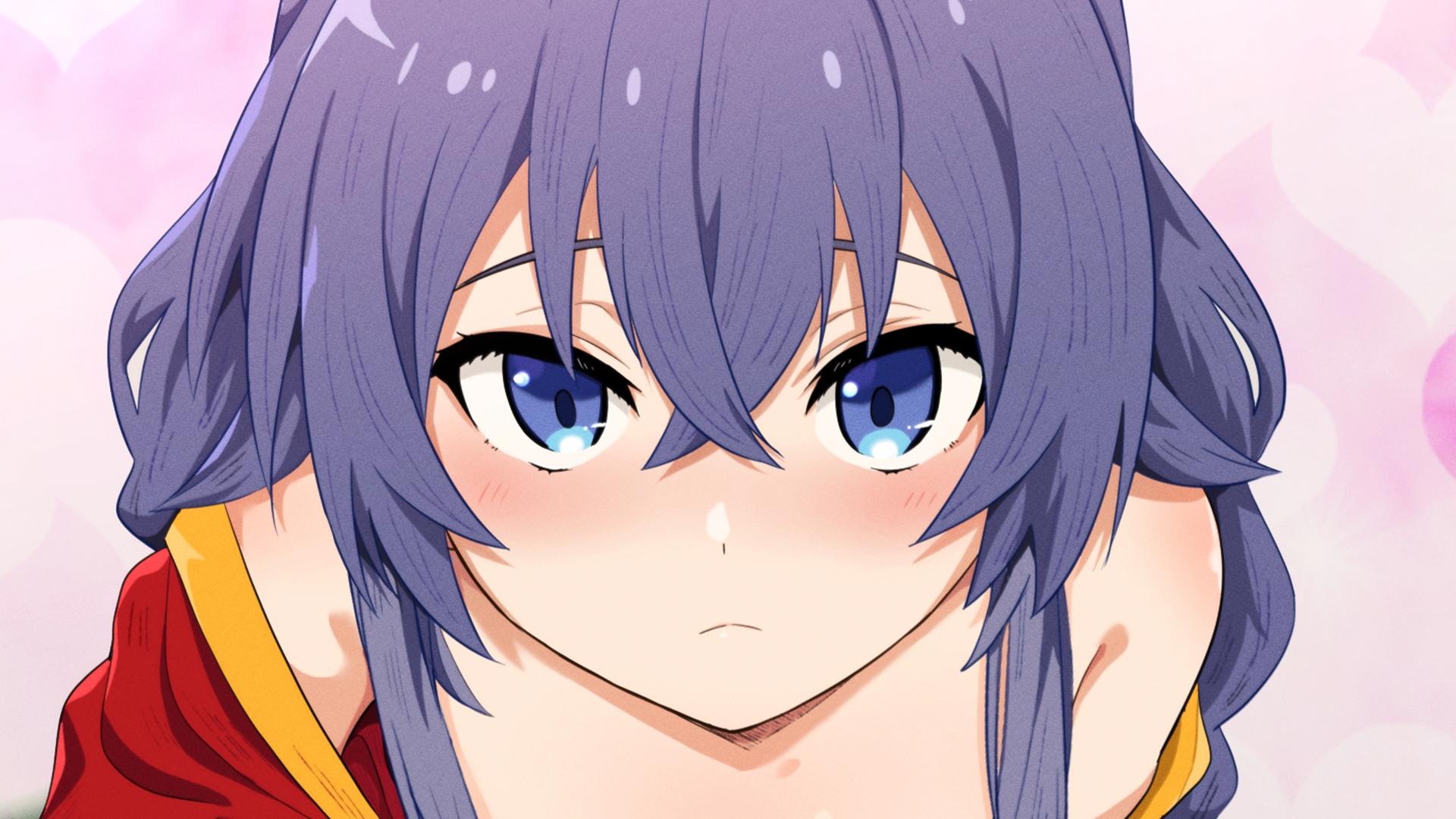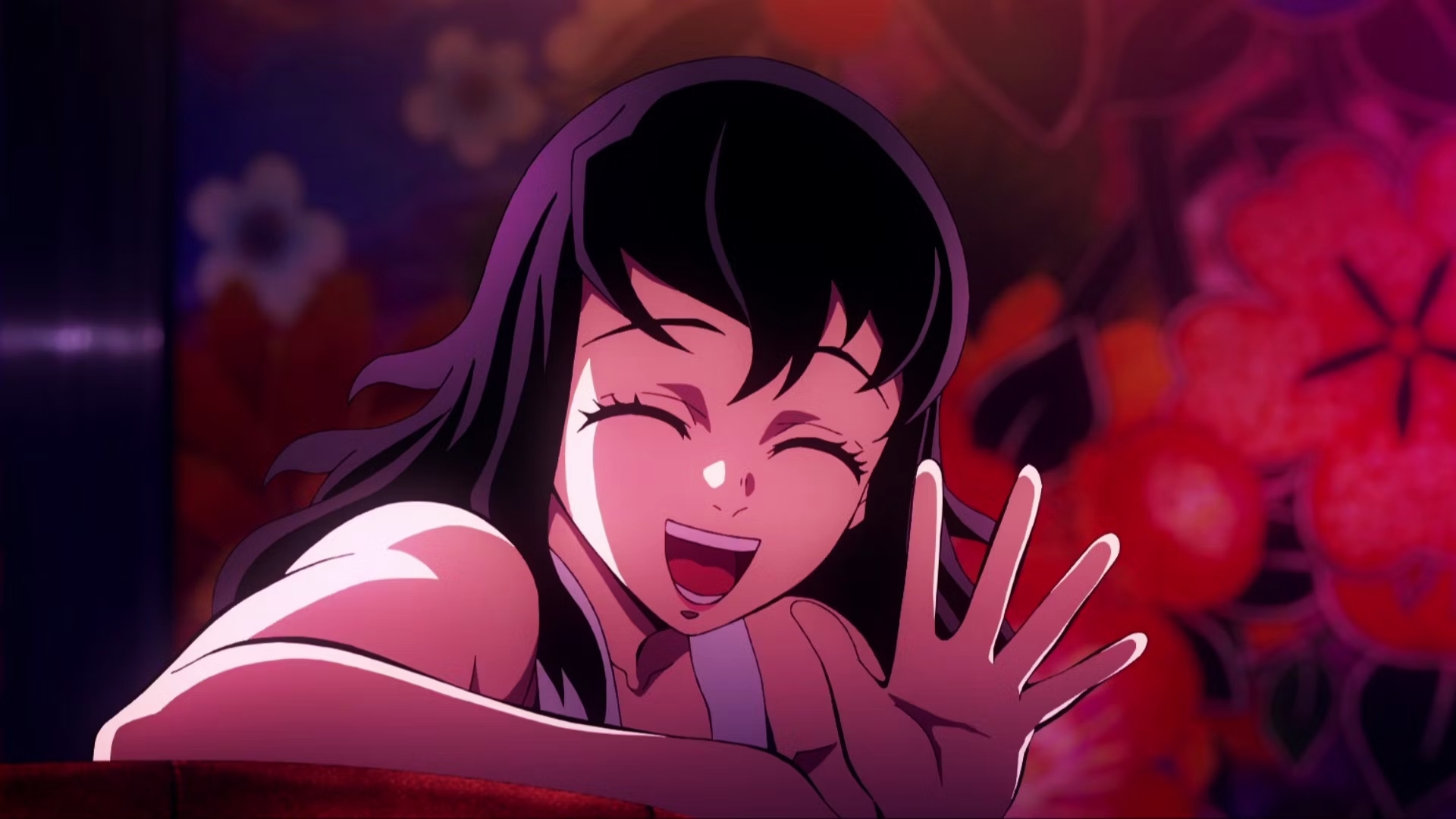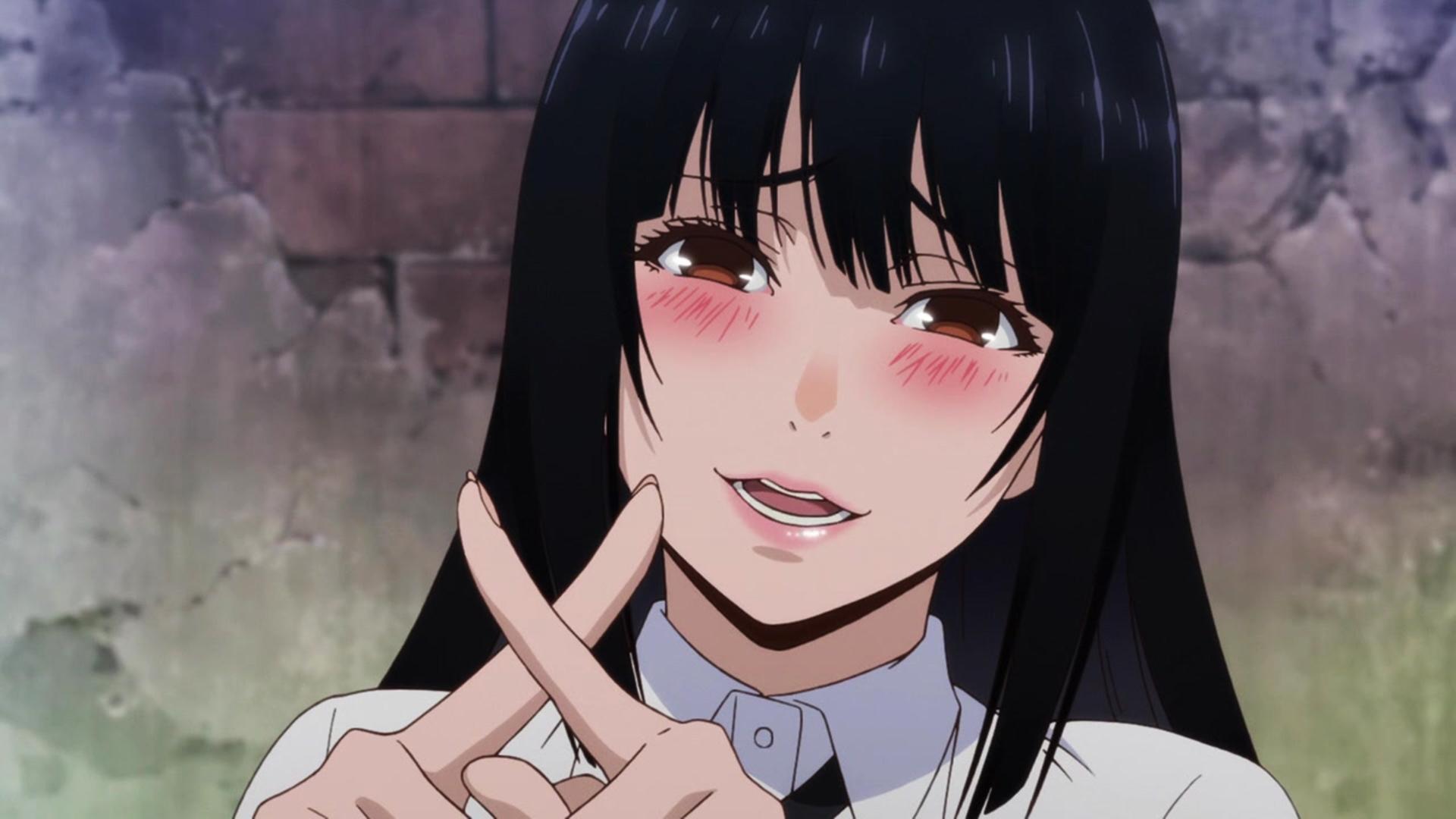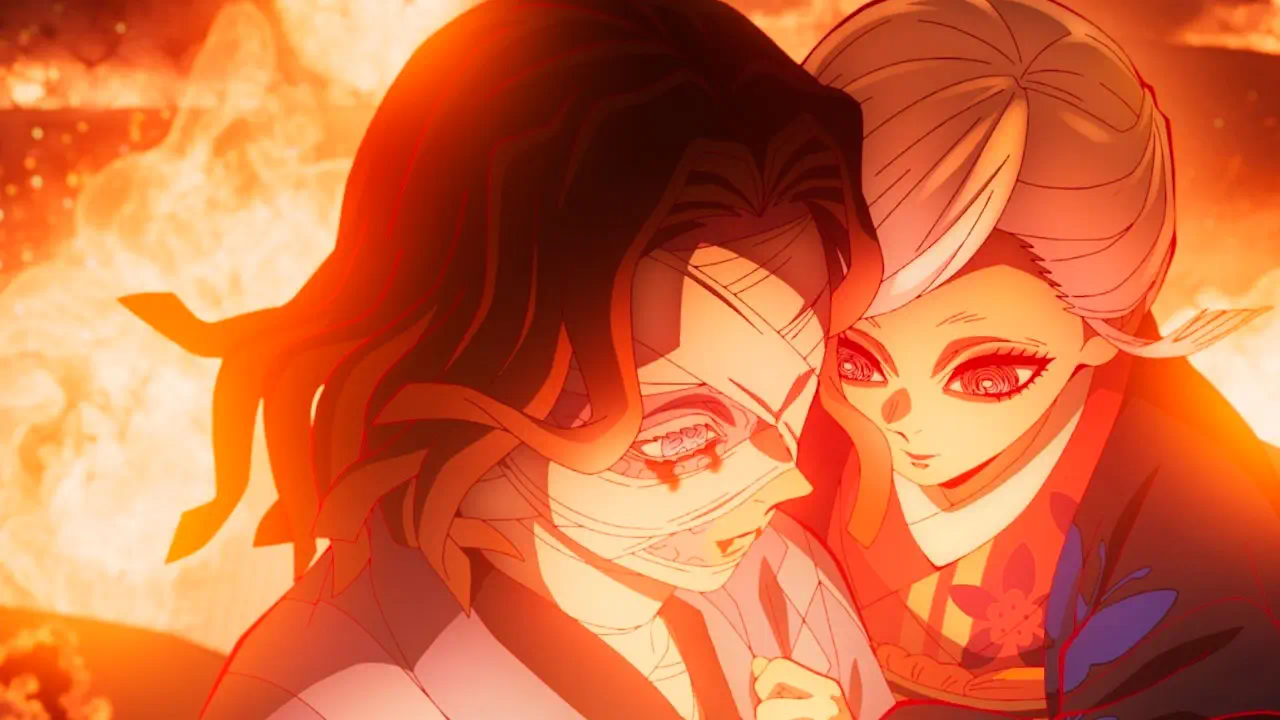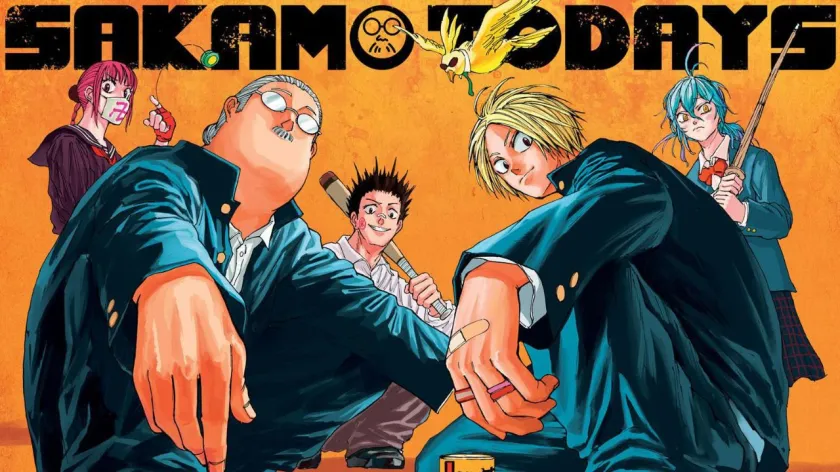Otaku Culture
Japan's birth crisis worsens
Advertisement
Government data reveals a worrying demographic trend in Japan, with the country seeing a decline in births to unprecedented levels and more than doubling the number of new baby deaths. According to official data, it was also evident that marriages had reached their lowest level since 1933. These figures underscore the dramatic demographic challenges facing the world’s third-largest economy.including worker shortages and the provision of health care to one-tenth of the population over the age of 80.

Births in 2023 declined for the eighth consecutive year, reaching 758,631which represents a decrease of 5.1 percent, according to preliminary data. The death toll, which rose to 1,590,503, was more than double that figure., meaning the total population decreased by 831,872 people. Births peaked in the postwar period, between 1947 and 1949, with more than 2.5 million people born each year, according to a Health Ministry official responsible for the data. for a second baby Between 1971 and 1974, the annual number of births remained around two million.
In 2023, 489,281 marriages were registered, which represents a decrease of 5.9 percent compared to the previous year and the first time that they fell below half a million. This number is the lowest since 1933, when 486,058 couples were married. At that time, Japan's population was approximately 70 million, compared to about 124 million today.
The decline in births and marriages poses significant challenges for Japan, not only in terms of population and workforce growth, but also in the sustainability of its social security and health care systems, in a context where the proportion of elderly people continues to increase. As the population ages and declines, it is crucial that the country implements effective policies and programs to address these demographic issues and ensure a prosperous and sustainable future for generations to come.
Now, for every baby born in Japan, two people die, what do netizens have to say?
- «People who don't want to get married probably don't want to have children either, that's the problem.».
- «If your child ends up being a NEET, obviously no one will want to have children and take the risk.».
- «There is a lot of uncertainty about what will happen in the future.».
- «In Japan, where there are many elderly women and national policies are weak, they will go crazy if you say you want to have children.».
- «In the past, people often worked because they were worried about their future retirement. Today, they worry more about their children's future and are abandoned when they get old.».
- «It's a very complicated game for women. Once they get pregnant, their role in society changes forever. Not everyone wants to be chained to a family.».
- «I don't know how long we will last, but it is natural that more and more people do not want to dedicate their precious and limited time to taking care of their children.».
- «If you are a housewife, you don't want to earn a lot. It is very difficult for women to raise children while working. Men also want more daycare, but there are hardly any companies that have such a good environment.».
- «I also feel sorry for the children who will live in the future».
- «It takes a lot of money and a lot of effort if you want to have a decent child. It is impossible for a woman to raise a child while working.».
- «Because of a certain incompetent government there is no money».
- «I can't be so pitiful as to bring a life and make it suffer 100% for my own ego in this shitty world.».
- «I can't take a child to the hell that is Japan.».
- «We are a society that only needs highly qualified people. The bottom line is that you can't have a child and then look for a job when the child grows up.».
- «When I was young, I said I would never get married: I didn't want to have children. But when I got married and had children, I thought otherwise. You should try it once.».
Source: Yaraon!
